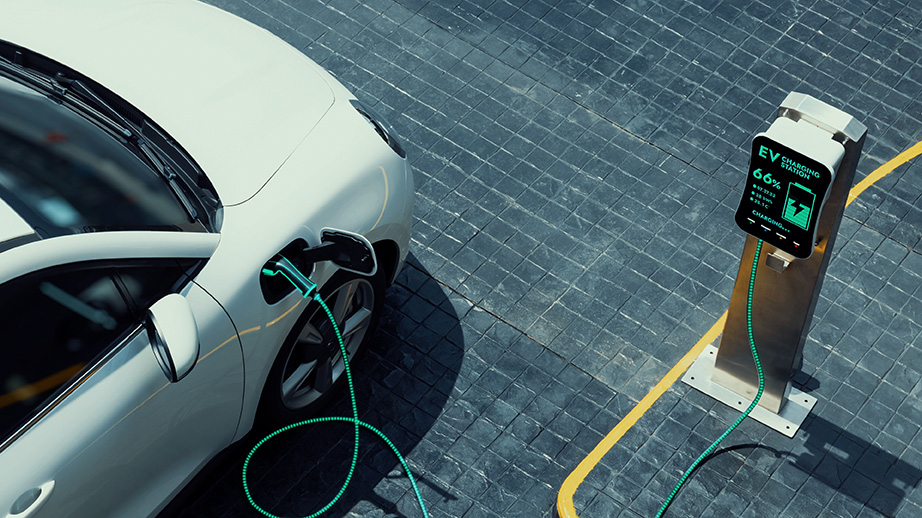The Great EV Debate rages on… with manufacturers like Mercedes backing out of their ‘all EV’ plan and the charging point infrastructure looking uncertain for 2035, how can Fleet Managers approach combatting climate change right now?
There are obvious ways of making a fleet more cost and emissions efficient; reducing the volume of older vehicles, regular servicing and maintenance for example. However, overwhelmingly the Driver is the key to making the most impact:
The role of driver training often flies under the radar but has significant potential to reduce environmental impact. By redefining how new drivers are taught and encouraging eco-friendly driving practices, driver training programs can play a pivotal role in our journey towards a more sustainable future.
The Role of Eco-Driving
Eco-driving refers to a style of driving that maximises vehicle fuel efficiency and minimises emissions. Techniques include maintaining steady speeds, gentle acceleration and braking, and using gears efficiently. Training new drivers in these techniques can have immediate environmental benefits. Some research suggests that adopting eco-driving practices can lead to a reduction in fuel consumption and CO2 emissions by as much as 10-20%.
In conclusion, while driver training might seem like a small piece of the environmental puzzle, its impact is anything but minor. By adopting and promoting eco-driving techniques across your fleet, you can significantly contribute to the global effort to combat climate change.
As we continue to steer towards a sustainable future, it’s clear that every action counts, and training responsible, environmentally-conscious drivers is a vital step in the right direction.



